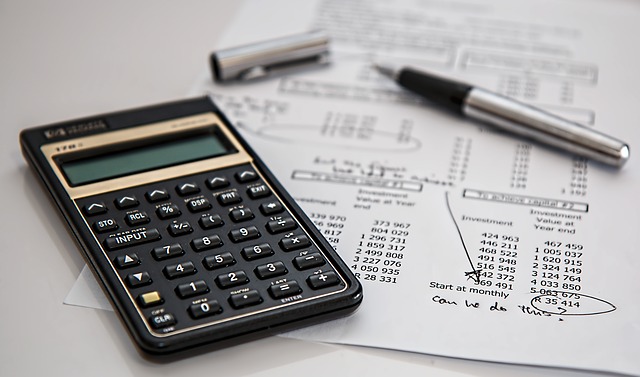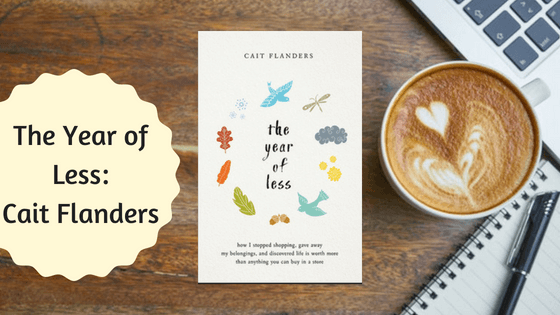
The Latte Factor. 3 simple words with the potential of really splitting people across the middle. Just google “The Latte Factor” and you will get a multitude of opinions. I thought of chiming in and adding my voice to the chorus.
What is the Latte Factor?
The latte factor is a term originating from the personal finance best seller – “The Automatic Millionaire” written by David Bach. The automatic millionaire outlines small changes one can make to his or her life to end up being a millionaire.
The latte factor is one chapter which has probably gotten the most attention in the entire book. The premise is simple. There are enough of us who start our day with a pilgrimage to Starbucks or maybe even a Café Coffee day for our daily dose of caffeine. Bach put in numbers to that habit to say how ditching the habit over your working life and investing that money could make you a millionaire.

Calculation behind David Bach’s claim that ditching buying your daily cuppa can make you a millionaire
Number play for the Latte Factor
Bach assumed that every visit would involve a cup of coffee and a fat-free muffin. He put the figure of $5 for each coffee shop visit.
When you calculate it for 365 days it comes to $1825, which Bach rounded off to $2000 a year.
If you are a 23-year-old with this habit, assuming you retire at the age of 65 (the American age of retirement), investing $2000 every year in an index fund with average returns of 10-12{76b947d7ef5b3424fa3b69da76ad2c33c34408872c6cc7893e56cc055d3cd886} over your working life of 42 years would result in a retirement corpus of $1,075,274 – $1,928,719, essentially between 1 and 2 million USD.
Critique of the Latte Factor
Like almost anything which makes people question a habit, there are more than enough critiques for this idea, surprisingly none of them being Starbucks itself :). You can find these critiques in blogs like Afford Anything, Half Banked, Bad Money Advice and Slate points made in the critiques are many:
1. Index funds no longer earn 10{76b947d7ef5b3424fa3b69da76ad2c33c34408872c6cc7893e56cc055d3cd886}
2. Coffee at these shops is cheaper now and no one spends $5 every day
3. It is presumptuous to round it off to $2000
4. His calculation does not take into account taxes and inflation
5. People will stop drinking the coffee but spend it on something else
6. My cup of coffee provides me with much more value than what I spend on it
7. I get a lot of work done in a coffee shop so it doesn’t make sense
How to make the Latte Factor Work For You?
Personally, I believe the latte factor has merit, albeit taken with a pinch of salt. Use just the following 3 ways to make it a more effective strategy in your personal finance roadmap:
Do not take it literally
Coffee, that too good coffee, can be sacrosanct to a lot of people. The aroma of freshly brewed coffee is a more effective wake-up call than an alarm clock to enough and more people.
Taking The Latte Factor literally as advice to not buy coffee every day, even if it brings you value is not the intent. Instead, take it as a metaphor to see where small expenses might be a cumulative mountain that can be used to build your financial well-being.
Do not get lost in the numbers
It is easy to use numbers to defeat the idea, to say I don’t spend that much every day or that stock market is risky and I could even end up with a loss. The idea at it’s core is about a habit of docking away some money that you might otherwise think you do not have.
Reduce spending on the less-important things
If you decide your morning cuppa made by a barista is important to your functioning, by all means, spend on it. However, look through your expenses with a scanner and you are bound to find some category which literally makes you gape. There will be an expense that you would be making (small yet frequent and cumulatively big) which you can happily do without and start putting into an investment suited for the long term. It’s all about plugging the leaks and finding your own Latte factor.
Still think “The Latte factor” is hogwash? Or think that it works very well but could use some help implementing it? Let me know your views in the comments below.





Leave a Reply